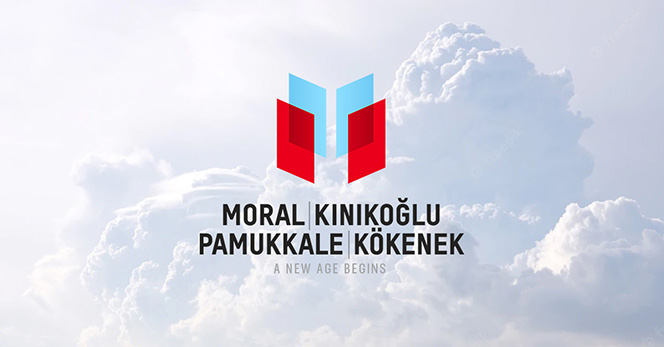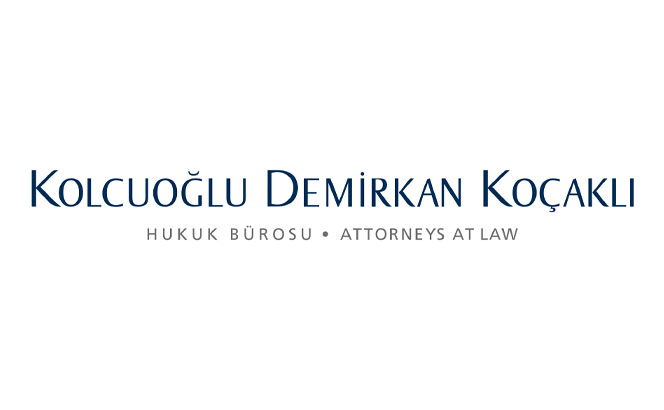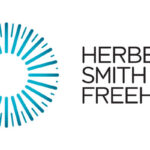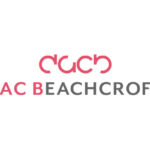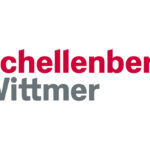
I. Understanding SAFEs
SAFE is an acronym for ‘Simple Agreement for Future Equity’ that is concluded between investors and the target startups; where the investors give the funds to startups in advance, in exchange for a promise from the company to give shares to the investor at a future date when the startup raises money on a priced round. It is possible for the startups to sign SAFEs with numerous investors at the same time with different terms, as by nature, SAFEs let startups reward investors who are willing to move first by taking more risk, with lower valuations.


